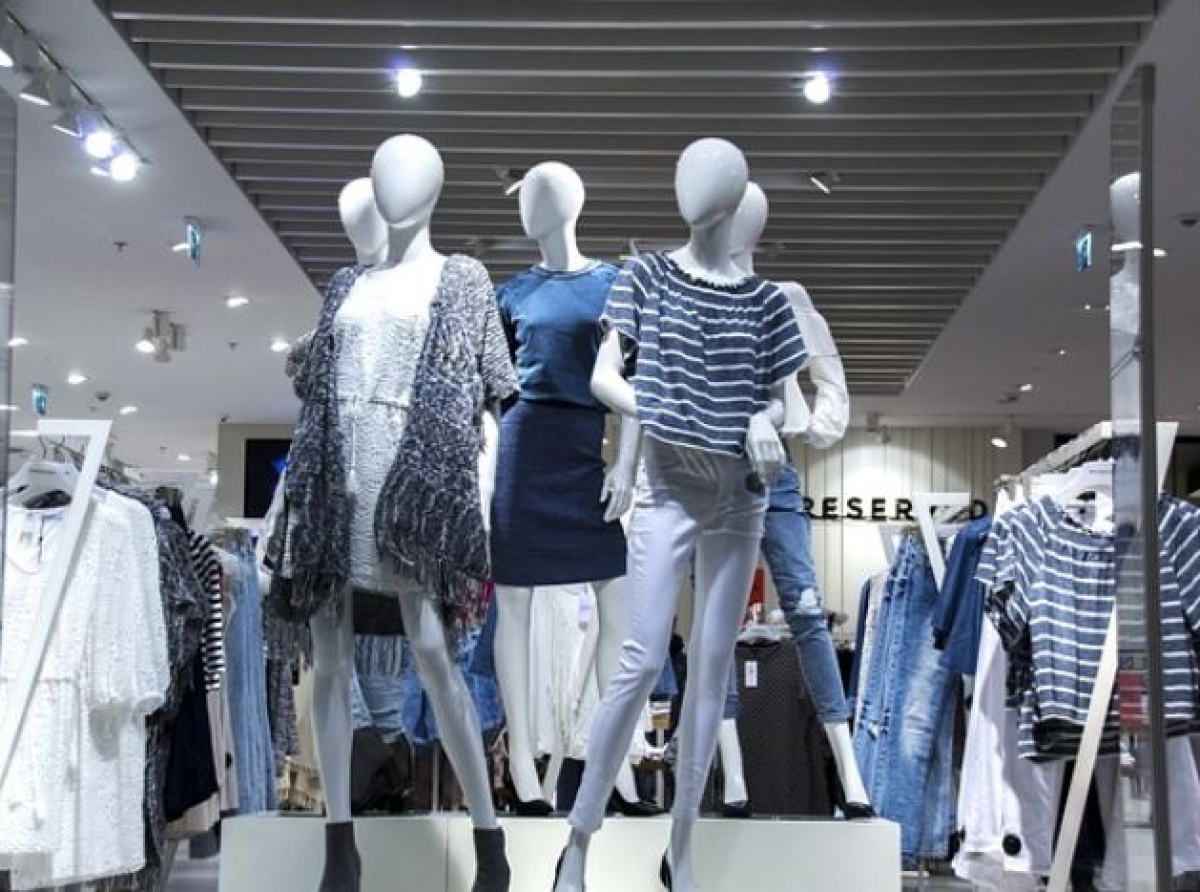20 March 2023, Mumbai
The Sloan School of Management at MIT, USA had done a comprehensive study on the state of offline retail outlets post the pandemic that witnessed the solid establishment of online retail.
E-commerce Disrupts Offline Retail; The study states physical retail outlets were already falling slightly behind e-commerce, particularly in developed countries. The largest physical retail outlet market, the US, saw many iconic American brands closing their physical presence, including JCPenny and Neiman Marcus in the middle of 2020.
Two years later, the scenario seems to have changed slightly in favour of physical retail outlets that offer a glimmer of hope that they will be here to stay.
The two-year-long lockdown confinement may have worked the psyche of people as they now want social experiences outside the digital world. The study revealed contrary to popular belief millennials shop more in physical retail outlets more than Generation X and the main reasons were instant gratification of taking something home and the sensorial experience in store.
That is precisely why brands are rethinking refurbishing their physical spaces to leverage the new tide of offline shoppers. As experts point out, customers returning to shop in malls and high streets are prompting online-only brands to consider being present in the physical space as well.
All about the right location
Be it commercial or residential, it has always been and continues to be located. In India, this has great ramifications for brands seeking greater outreach away from the cluttered metros.
With Tier II, and III cities urbanizing rapidly throughout India, the opportunity to not only be visible but also usher in a whole segment of new customers to a sensorial experience of the brand is what is driving the opening of physical retail outlets across India.
CEO and Co-Founder of Chai Sutta Bar, the rapidly growing tea shop chain, Anubhav Dubey cited the location of an outlet is critical in determining the operations and therefore the profitability.
Retail is all about location..location..location; Venkatesh Kumar, CEO of IBO’s retail division believes for new brands, location is vital for the success of their physical outlets. The store has to be the right size to optimize both demand and inventory and also have access to a wider catchment area for customs.
Big technology, big opportunities
For a successful offline presence across a huge geographic market like India, big data will make all the difference. From assessing demand patterns of items to niche demands based on geographic needs, big data will help brands maximize their inventory distribution to ensure the movement of items.
End of the day, in retail it is the critical back-end operations including inventory management, warehousing, and supply chain that are heavily dependent on technology for efficiency and to be a successful retail business, a robust system has to be in place.
B Sakthi Kumar, Projects Head at Shoppers Stop feels the omnichannel approach has retailers looking at a variety of formats based on changing customer preferences. Therefore, technology integration is required for implementation.
The human touch
One thing the pandemic-led lockdown taught us is the importance of human interaction. No matter how digitally advanced the in-store experience is, it is the human touch that makes all the difference.
More and more brands are taking a leaf out of the beauty sector and training their in-store personnel to be personal shoppers that affirm choices and boost the confidence of customers during their selection and buying process.
More than any technology, it is the humans in the store that makes the customer feel like the king.

























